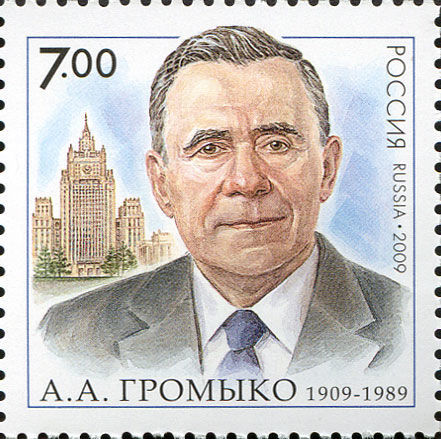During a closed meeting of the UN Security Council on 24 July 1946, Andrei Gromyko declared that the USSR would not accept a US plan to ban the production of nuclear weapons.
Presented on 14 June 1946, the plan was drafted by US Presidential Adviser Bernard Baruch and envisaged the creation of an Atomic Development Authority under the United Nations, giving it full control over nuclear production, research, and all technical information on nuclear energy, as well as international inspections and continuous monitoring. The UN Atomic Energy Commission was to be the authority's central body, but it would not be subordinated to the UN Security Council, and decisions would be taken by a majority vote. That said, the majority clearly belonged to the United States.
The plan was totally unacceptable in the context of the American nuclear monopoly, both militarily and economically. In the military sphere, it looked particularly cynical, because the United States not only managed to build and test but also to use atomic weapons in combat operations against Japan.
Andrei Gromyko’s statement effectively buried the Baruch Plan. Attempts to resuscitate the idea would continue until 1948 but were met with a steadily negative response from the USSR.
Source:
Eduard Ivanyan, “Encyclopaedia of Russian-American Relations in the 18th-20th Centuries”, Moscow: International Relations, 2001.
























